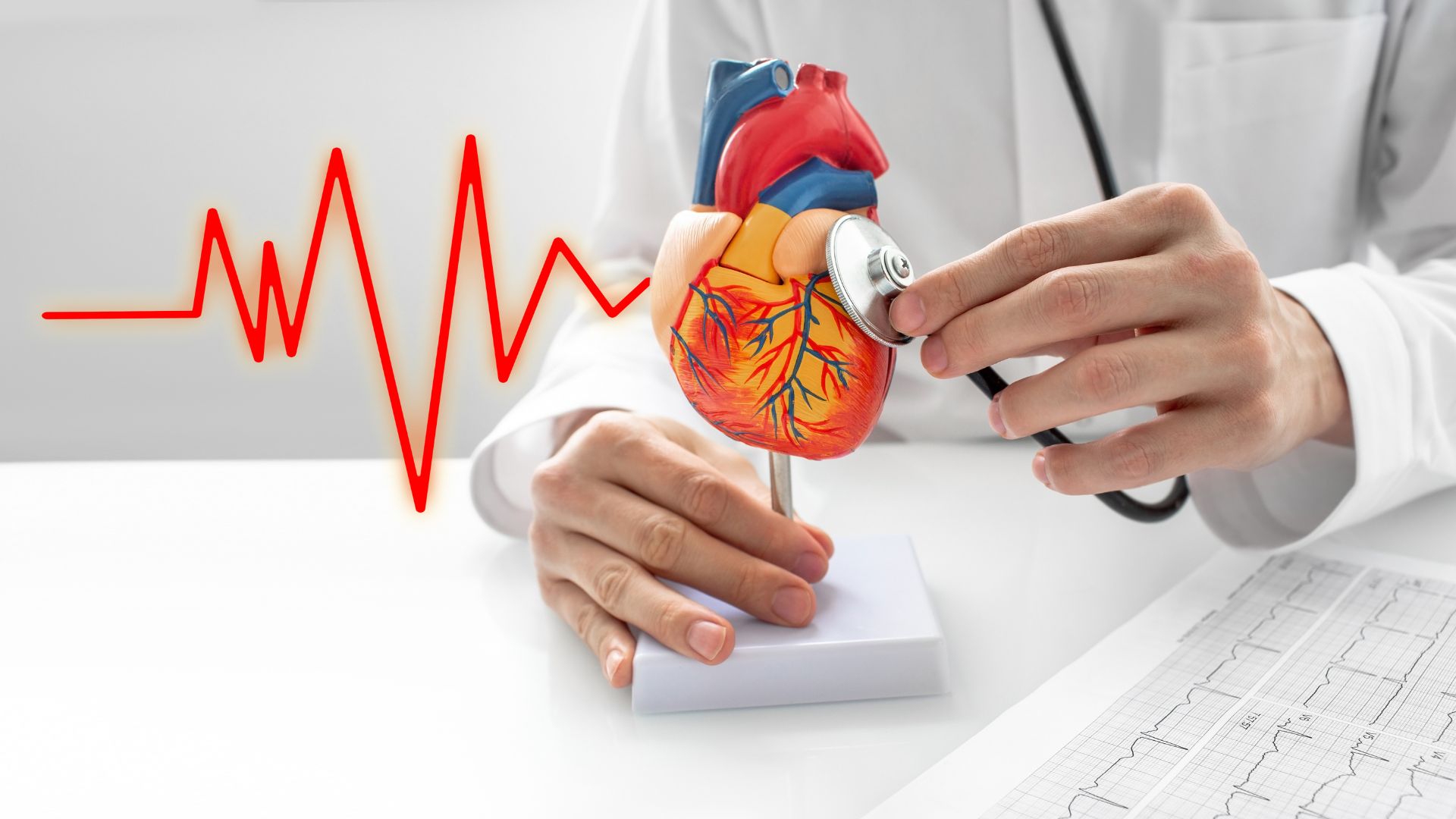
Tachycardia is a medical condition characterized by a rapid heart rate, exceeding the normal resting rate. While the heart is designed to beat faster during physical activity or stress, persistent and unexplained rapid heartbeats can be a cause for concern. Let’s discuss the symptoms, causes, and available treatments for tachycardia, shedding light on this cardiovascular condition that affects millions of people worldwide.
Tachycardia Symptoms
Tachycardia manifests through a range of symptoms that individuals may experience. Common signs include a rapid pulse, palpitations, dizziness, shortness of breath, and, in severe cases, chest pain. It is essential to note that tachycardia can be episodic or chronic, and the severity of symptoms may vary from person to person.
Understanding the Causes
To comprehend tachycardia, it’s crucial to explore its underlying causes. Various factors contribute to the development of this condition, ranging from lifestyle choices to underlying medical issues. One common cause is an abnormality in the heart’s electrical system, disrupting the regular rhythm of heartbeats. This can result from congenital heart defects, aging, or damage to the heart muscle.
Other causes include high blood pressure, smoking, excessive alcohol consumption, and certain medical conditions like diabetes and hyperthyroidism. In some cases, tachycardia may be a side effect of medications, emphasizing the importance of consulting healthcare professionals when experiencing unexplained changes in heart rate. (Mayo Clinic)
Tachycardia Risk Factors and Prevention
Certain risk factors may predispose individuals to tachycardia. Age, family history, and pre-existing heart conditions can elevate the risk. Lifestyle choices such as smoking, a sedentary lifestyle, and excessive caffeine intake may also contribute.
Prevention strategies focus on adopting a heart-healthy lifestyle. Regular exercise, a balanced diet, and avoiding tobacco and excessive alcohol can significantly reduce the risk of developing tachycardia. Managing stress through relaxation techniques such as yoga or meditation is another valuable preventive measure. (American Heart Association)
Diagnosis and Medical Evaluation
If individuals experience persistent symptoms suggestive of tachycardia, seeking prompt medical attention is crucial. Healthcare professionals employ various diagnostic methods, including electrocardiograms (ECG or EKG), Holter monitoring, and stress tests. These tests help identify the specific type of tachycardia and guide the formulation of an effective treatment plan.
Treatment Options
Treatment for tachycardia depends on its underlying cause and severity. Medications such as beta-blockers, calcium channel blockers, and anti-arrhythmic drugs may be prescribed to regulate heart rate and rhythm. In some cases, catheter ablation, a procedure to correct abnormal electrical pathways in the heart, may be recommended.
The American Heart Association emphasizes the significance of lifestyle modifications in managing tachycardia. Adopting a heart-healthy diet, engaging in regular exercise, and maintaining a healthy weight are essential components of a comprehensive treatment plan.
Living with Tachycardia
For individuals diagnosed with tachycardia, living a fulfilling life involves understanding their condition and actively participating in its management. It is essential to adhere to prescribed medications, attend regular follow-up appointments, and communicate openly with healthcare providers about any changes in symptoms. Support groups and online communities can offer valuable emotional support and practical tips for managing tachycardia on a day-to-day basis. Engaging in stress-reducing activities and maintaining a positive mindset are also crucial elements of coping with this cardiovascular condition. (Medical News Today)
Tachycardia is a common cardiovascular condition that requires careful attention and management. By understanding its symptoms, causes, and available treatments, individuals can take proactive steps towards a heart-healthy lifestyle. Early diagnosis, coupled with a comprehensive treatment plan, empowers individuals to lead fulfilling lives despite the challenges posed by tachycardia. As with any medical condition, it is essential to consult with healthcare professionals for personalized advice and guidance. By staying informed and adopting preventive measures, individuals can enhance their cardiovascular health and minimize the impact of tachycardia on their overall well-being.
Works Cited
Mayo Clinic. “Tachycardia: Symptoms & Causes.” Mayo Clinic, Mayo Foundation for Medical Education and Research, 2022. https://www.mayoclinic.org/diseases-conditions/tachycardia/symptoms-causes/syc-20355127#:~:text=Tachycardia%20(tak%2Dih%2DKAHR,isn’t%20always%20a%20concern.
American Heart Association. “Tachycardia – Fast Heart Rate.” Heart.org, American Heart Association, 2022. https://www.heart.org/en/health-topics/arrhythmia/about-arrhythmia/tachycardia–fast-heart-rate.
Medical News Today. “Tachycardia: Causes, Symptoms, and Treatments.” Medical News Today, Healthline Media, 2022. https://www.medicalnewstoday.com/articles/175241.
